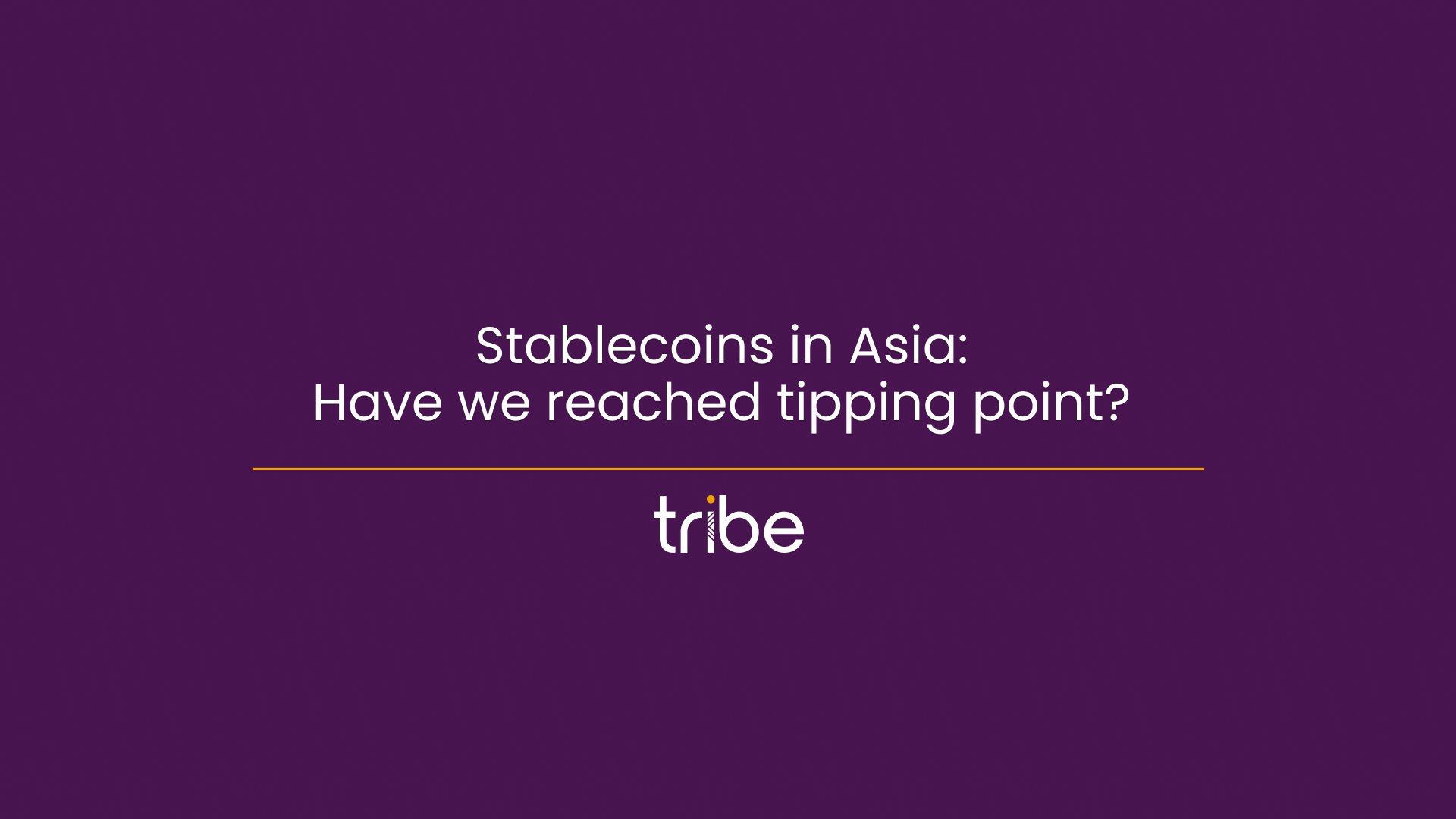What is Acquirer Processing?
Paying for something these days is second nature – tap, click or swipe, and you’re done. But what happens once you hit that ‘pay’ button?
That’s where acquirer processing comes in. It’s the part of the payment system that ensures payments are authorised, funds are transferred securely and everything works as expected.
How does acquirer processing work?
Acquirer processors act as the technical bridge between the merchant and the customer’s bank, managing the flow of transaction data from initiation through to authorisation and settlement - but it’s the acquirer that ultimately handles the movement of funds into the merchant’s account.
Think of the transaction lifecycle like a relay race: the acquirer processor takes the baton (the transaction data), passes it smoothly through the payment network (Visa, Mastercard etc), gets approval from the issuer, and returns with the result - all in seconds.
Key stages include:
- Connecting the merchant, payment network, and issuing bank.
- Clearing: This is where transactions that are marked for settlement are sent to the schemes for validation and processing. No money movement is taking place at this step – this is where transactions from merchants are consolidated, verified by the payment schemes, and interchange and fees are calculated.
- Settlement: This is where the actual funds are transferred from the issuer’s account to the acquirer’s account, typically through a payment network or other payment channels. This process ensures that the right amount is debited from your account and deposited into the merchant’s account, usually net of fees taken by the acquirer and any other intermediaries (i.e. the processor or PSP).
The acquirer processor makes sure that money flows correctly, whether you're using a credit card, debit card, or another payment method.
Ensuring compliance and security
Acquirer processors can also assist merchants to meet compliance with industry standards like PCI-DSS (Payment Card Industry Data Security Standard). As a non-regulated entity, it’s not the acquirer processor’s responsibility to offer this capability (that falls to the acquirer), but acquirer processors can help by providing technology that helps them do this to varying degrees.
Merchants need to ensure they’re using the right provider for their unique needs. The processor can also use advanced encryption and tokenisation to protect your sensitive information during the transaction.
- Encryption: This ensures that the payment details (like your card number) are securely converted into unreadable code during transmission, protecting them from hackers or fraud. Whereas traditional processors relied on software encryption, modern acquirer processors can deploy ‘transport-level’ encryption, and cryptographic certificates for the end-to-end transmission of data.
- Tokenisation: Depending on the card use case (e-commerce transactions for instance), this process replaces sensitive card information with tokens (either single-use merchant, PSP or reusable network tokens). Tokenisation swaps out real payment details for a secure placeholder, so even if someone gets hold of it, there's nothing valuable to steal. But it’s not just about cybercriminals - tokenisation also helps merchants and acquirers avoid slip-ups that could expose sensitive data. Sometimes the biggest risk isn’t hackers, it’s human error.
Additionally, fraud detection tools are in place to flag any suspicious activity and prevent fraudulent transactions from going through. Processors play a key role in monitoring transactions for anomalies that could indicate fraud, helping to flag and prevent suspicious activity before it impacts merchants or consumers. However, it’s the acquirer’s responsibility to define how these fraud tools are configured and deployed. Processors provide the infrastructure - but they don’t make risk decisions independently.
Why does acquirer processing matter?
Any business that accepts payments, big or small, local or international, needs to work with an acquirer, who can outsource their tech needs to acquirer processors like Tribe. By doing so, acquirers can avoid the costs and time involved in building their own tech stacks. In turn, acquirer processors are the ones that make it possible for businesses to accept all kinds of payments, while ensuring everything runs as slick as possible.
Consumers now use a mix of payment methods, from cards and digital wallets to account-to-account (A2A) services, and acquirer processors help make sure all these options work together. Without them, managing payments could quickly get complicated.
For businesses, acquirer processors provide the behind-the-scenes tech that keeps payments flowing smoothly - from authorising transactions to facilitating settlement with the customer’s bank. Whether you’re a high-street café or a global ecommerce platform, these processors help ensure payments are handled quickly and securely.
However, they don’t control every part of the process. Success rates and acceptance policies are ultimately governed by the acquirer, who sets the risk parameters - especially in high-risk sectors like gaming or gambling. Processors provide the tools, but it’s the acquirer that decides which transactions get the green light.
This efficiency is foundational, but what really builds trust between merchants and acquirers is how they manage when things don't go as planned.
- Error handling and disputes: When transactions fail or customers dispute charges, the acquirer processor can provide tools and services to help acquirers and their merchants to manage real-time error response codes to address failed transactions, ensuring businesses can quickly identify and fix issues. This ensures smooth communication between merchants, issuers, and card networks, and helps resolve disputes efficiently, but acquirer processors aren’t directly involved in processes like chargeback management.
- Cost structure: Acquirer processors charge tech-focused fees like per-transaction, API, and fraud screening costs - but always to the acquirer, not the merchant. It’s the acquirer who handles merchant billing, typically layering in fees such as interchange, scheme charges, and service costs. While acquirers rely on processors to deliver these services, processors remain behind the scenes, providing the infrastructure but not setting merchant pricing.
- Geographic considerations: For businesses expanding globally, acquirer processors help navigate the complexities of multi-currency payments and, where supported, enable acceptance of local payment methods - making it easier to serve customers across diverse markets.
- Integration and technology: Acquirer processors provide the tech bridge between merchants, acquirers, payment networks, and issuers. They offer integration options that fit a variety of use cases, such as e-commerce (via hosted payment pages, APIs, SDKs and mobile kits); in-store POS (terminal integrations, card readers, SoftPOS); mail order and telephone order (MOTO) and automated interactive voice response (IVR); and a range of layers spanning ID verification, account-based ticketing and recurring payments.
Acquirer processing isn't just a back-end operation; it's a key part of ensuring that your business remains adaptable, secure and customer focused.







.png)
.png)



.png?width=137&height=90&name=Payments%20Awards%20(1).png)


.png)